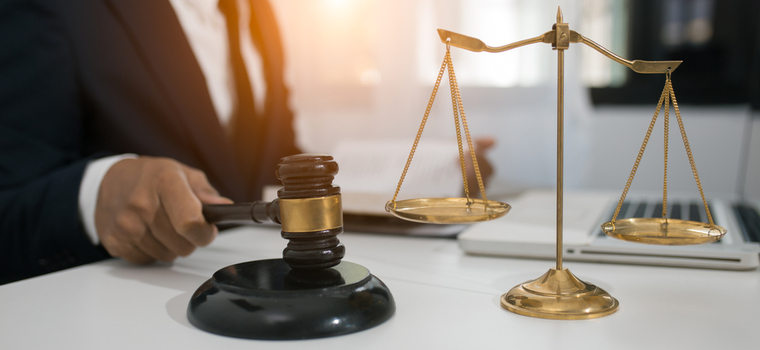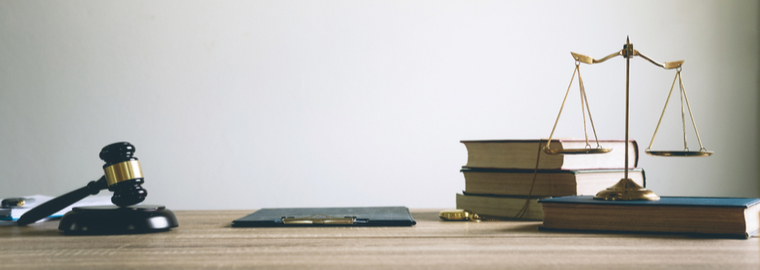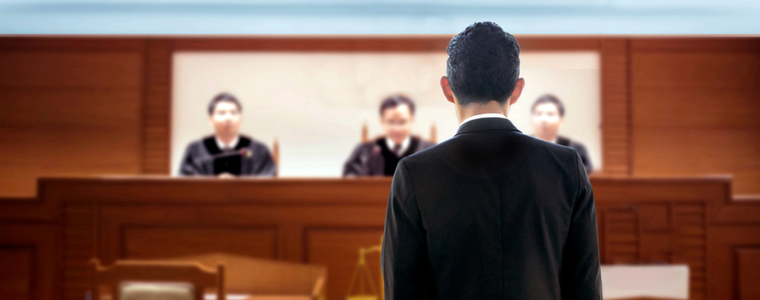Jury or judge? That is the question we’re going to address today. Let’s take a look at the advantages and disadvantages of each option for your trial.
Pros and Cons of Jury Trials
At a jury trial, the outcome of a case is decided by a group of law-abiding citizens. This is different from a judge trial where the judge makes all decisions. So when given the choice, will you choose a trial by jury or judge? Both have their pros and cons. Let’s take a look at jury trials first.
Trial by Jury: Pros
Jurors have more compassion than judges. With a trial by jury, you can use emotional arguments to your advantage, as jurors are more susceptible to being influenced by the personal appeal of an argument or testimony. Based on your case, ordinary people can be much easier to persuade than judges, who are obviously trained to be unbiased and put aside human emotion in the courtroom.
Juries tend to be easier audiences than judges. Oftentimes, stating your case to a jury can be less pressure than a judge trial. Jurors tend to be less concerned with technical details and more so with listening to a compelling story and making a decision based on who they believe should win under the circumstances. Meanwhile, judges analyze all the facts, evidence, and details of the case. They are highly trained and experienced legal professionals who make decisions based on the law, unlike the less intimidating, average juror.
Trial by Jury: Cons
Jurors can be too emotional. For example, a jury trial would not be an ideal choice for a defendant who has a long criminal record or is accused of heinous crimes. It’s not uncommon for jurors to be unfairly swayed by personal emotion. Many people find it challenging to make a decision based solely on evidence and rules.
Jurors can be unpredictable. There will always be uncertainty when a jury is involved. It’s more likely for jurors to misunderstand critical aspects of a case, such as evidence, burden of proof, or even the judge’s instructions. Plus, when you factor in human emotion, there’s no telling how a jury will make a decision.
Pros and Cons of Judge Trials
At a judge trial, also referred to as a bench trial, the judge makes all procedural and evidentiary decisions to determine whether the defendant is guilty or not guilty. This situation can either be beneficial or detrimental, depending on your case. Consider the pros and cons before you make a decision:
Trial by Judge: Pros
Judges are unbiased. One reason for choosing a trial by judge over a jury trial is that judges are not biased and are significantly less inclined to let their emotions affect the outcome of a case. It is their responsibility to put their personal feelings aside and only look at the facts of the case.
Judges have a full understanding of the law. Unlike most jurors, judges fully understand all technical terms that are used in the courtroom. A layperson on the jury may not be familiar with phrases such as “beyond a reasonable doubt,” “preponderance of evidence,” or “statute of limitations.”
Judge trials are often quicker. Judges take significantly less time to reach a decision than juries. This is due to many reasons, but for one, the jury selection process is time-consuming. In addition, jurors require lengthy explanations on various courtroom topics, such as ballistics, toxicology, and law terms in general. As a result, judge trials take less time and can therefore be less expensive if you are paying for a private attorney.
Trial by Judge: Cons
Only the judge decides. In a trial by judge, only the judge decides the defendant’s fate. Of course, whether or not this is a disadvantage depends on the details of the case. However, many agree that it can be a bit risky to rely on one individual’s decision.
The judge knows all the evidence. At a trial, the judge ultimately decides what evidence will be admitted. The jury never sees untrustworthy, irrelevant, or prejudicial evidence, as it is excluded by the judge. But when there is no jury, the judge sees all the evidence and can’t unsee it. It might be difficult for a judge to disregard inadmissible evidence, no matter how unbiased and conscientious the judge might be.
Choosing the Best Option for Your Trial
Are you facing charges in Texas? The decision to choose a judge trial or jury trial can certainly affect the outcome of your case. The Law Offices of Seth Kretzer handle cases throughout the Greater Houston area and statewide. Our knowledge of court proceedings can assist you in developing an advantageous trial strategy based on your specific case.






